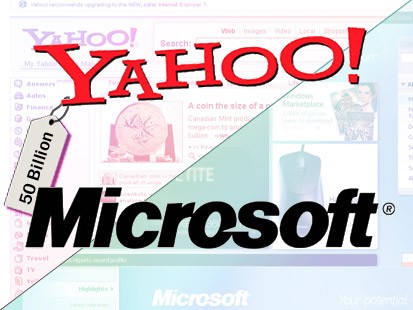

Acquiring the Johannesburg-listed MTN even with a partner like Singtel will not be easy for Bharti Airtel , India's biggest telco. So, buying MTN on it's own will be an even bigger challenge.
That's because the costs involved are huge: the estimated enterprise value of MTN is about $40 billion, so a 51 per cent stake would cost about $22-25 billion, assuming some acquisition premium will be paid.
That's a large sum of money even if Bharti is in a position to generate about $3 billion of free cash every year between FY10-12. Also, even if it controls about a fourth of the Indian wireless market, the company must surely be looking for a bigger share which means continuing investments in spectrum and equipment. Bharti cannot afford to fall short of money to fund the capex in India.
However, at a price, the deal makes good business sense because it will give Bharti access to markets in over 20 countries where the penetration remains low - at around 43 per cent - and opportunities for growth are high.
De-risking a business model by expanding in new geographies is always a good idea and Bharti should be able to be able to turn MTN into a low-cost operation like its own. Analysts say MTN's cost per minute is far higher than Bharti's.
Moreover, given that the combined entity will have a subscriber base of 125-130 million, growing fast, Bharti will have better bargaining power with equipment suppliers and handset vendors.
Since both MTN and Bharti are highly profitable companies with operating margins of 40 per cent plus and a combined ebitda of around $7 billion, and since the outlook for the business remains promising, an increase in Bharti's debt from current levels of just over $1 billion is not that worrying.
So Bharti should pursue the deal because there is an opportunity even if investors are concerned: the stock lost over 5 per cent on Tuesday to close at Rs 847 with the street worried about the higher levels of debt or an overhang for the stock if the deal is funded partially through stock.

